This is the result of a quick survey by UOB Bank conducted from April 9 to 12, 2025, with about 800 businesses. According to the results of UOB's 2025 Business Outlook Study, despite the volatile business environment, 80% of Vietnamese businesses have proactively implemented measures to cope with possible impacts; 60% of Vietnamese businesses are still optimistic about the prospects next year, of which 46% said they will accelerate plans to expand into foreign markets.
 |
| 80% of Vietnamese enterprises proactively respond to the impact of tariffs |
According to UOB, the US government’s 90-day tariff suspension has facilitated trade negotiations and given businesses more time to proactively respond – from stabilizing supply chains to controlling rising input costs. About 52% of businesses expect material and production costs to increase significantly, while 30% are concerned about rising inflation.
To cope, businesses are taking measures such as diversifying suppliers, increasing localization and reducing dependence on the US market. Nearly 70% of businesses expect intra-ASEAN trade to accelerate, showing the increasingly important role of this region in the context of global fluctuations.
In addition, businesses are also focusing on investing in two strategic pillars: digitalization and sustainable development - with 61% and 56% of Vietnamese businesses, respectively, saying they will step up efforts in these two areas. While digitalization is expected to increase operational efficiency and improve customer experience, sustainable development practices will help businesses attract investors and strengthen brand reputation - factors that are increasingly important in the context of uncertainty due to the impact of tariffs.
Interest in expanding into foreign markets remains strong among Vietnamese businesses, with nearly 90% saying they are looking to expand beyond the domestic market, primarily to increase revenue and profits. Following the US tariffs, 46% of businesses said they would accelerate their plans to expand into foreign markets.
ASEAN continues to be the top region of interest, both in 2024 and in the next one to three years, with Thailand and Singapore being the two most popular destinations. Outside of Asia, Europe has also emerged as a strategic market, with one in four Vietnamese businesses identifying it as a key market for current and future expansion.
The top barriers to international expansion include: difficulty in finding suitable business partners, lack of financial resources or legal support, and limited market information and collaboration opportunities. Businesses are looking for support in the form of: Connections with large corporations that can become strategic customers (45%) Tax incentives or tax refunds (43%) Funding and subsidies for entering new markets (41%). Supply chain management remains a top priority for 9 out of 10 businesses in Vietnam, as geopolitical instability continues to pose risks. The three main challenges identified include: rising supply costs, disruptions to existing supply lines, and inventory management issues.
To address these concerns, Vietnamese businesses are actively diversifying their supply sources, digitizing supply chain processes, and strengthening cooperation with suppliers. In addition, the trend of localization is also increasingly focused on, with businesses prioritizing sourcing and operating closer to improve supply chain stability. In 2024, 72% of businesses will choose domestic suppliers, 67% will source within the ASEAN region, and 43% from China.
Vietnam leads the region with nearly 75% of business leaders identifying as next-generation leaders – significantly higher than the regional average of 60%. This group of leaders is mainly active in the operations sector and industries such as manufacturing, energy and oil and gas.
Mr. Lim Dyi Chang, Head of Corporate Banking, UOB Vietnam, commented that UOB remains optimistic about Vietnam's economic prospects, despite recent uncertainties related to tariffs. With solid fundamentals, recent positive policy reforms and the proactiveness of the business community, these are very encouraging signs.
“This is also an opportune time for Vietnamese companies to adjust their strategies to reduce over-reliance on individual export markets while tapping into the growing strength of intra-ASEAN trade. As the UOB Enterprise Outlook Study has shown, strategic adaptability will be a differentiator in this volatile environment. With our extensive regional network and in-depth industry expertise, UOB is well placed to support businesses in improving operational efficiency, managing cost pressures and achieving sustainable long-term growth,” said Mr Lim.
Source: https://baodautu.vn/80-doanh-nghiep-viet-nam-chu-dong-ung-pho-voi-tac-dong-tu-thue-quan-d313852.html










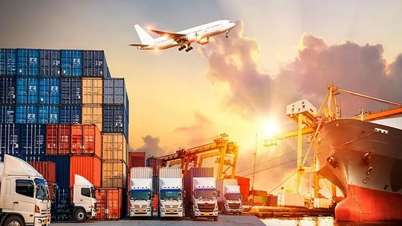






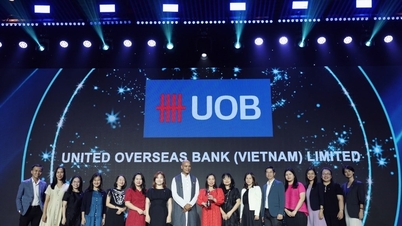

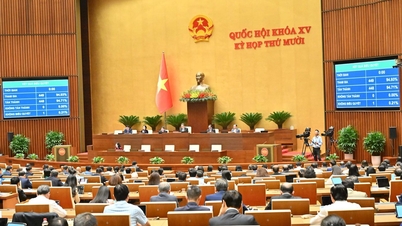
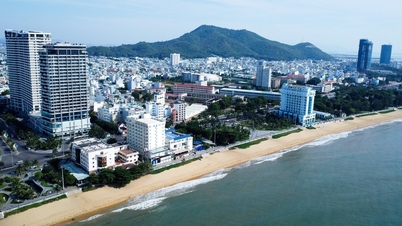
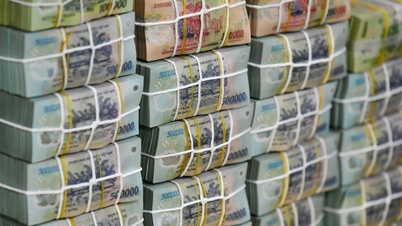
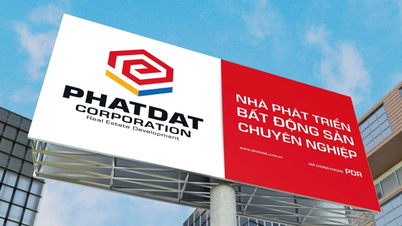









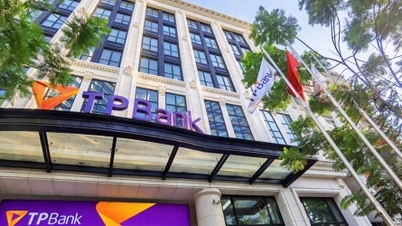













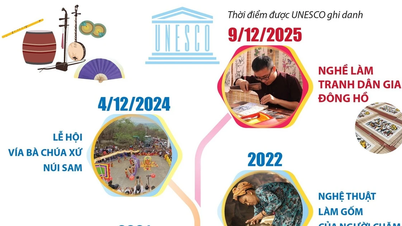
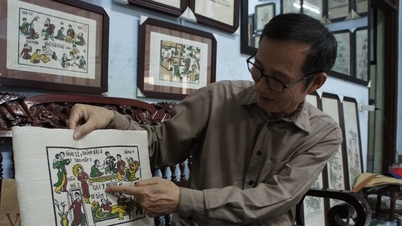






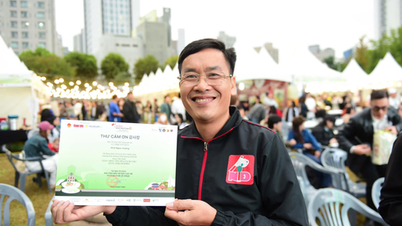




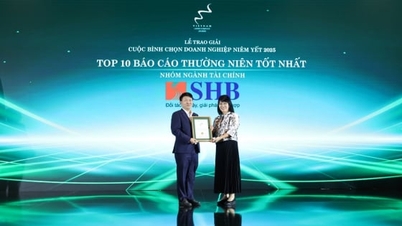

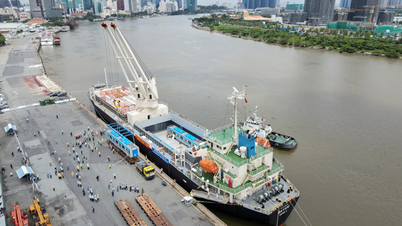



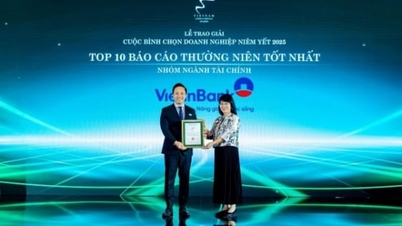












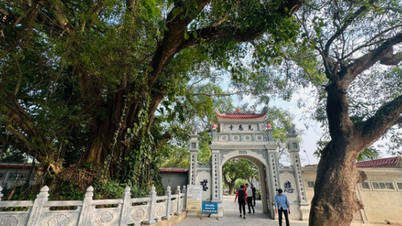



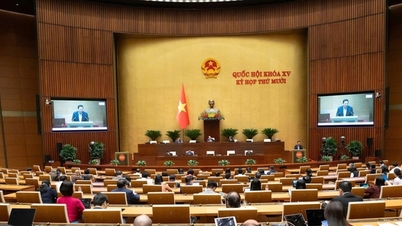

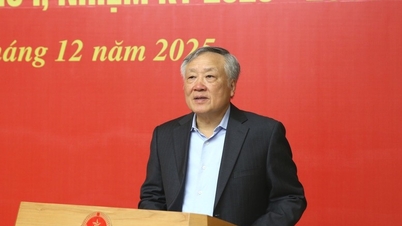





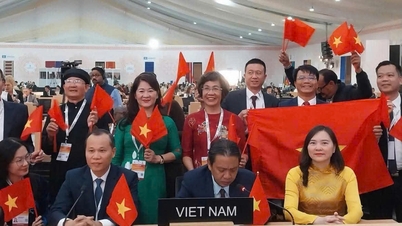



![[Podcast] National Assembly approves personal allowance deduction of VND 15.5 million/month](https://vphoto.vietnam.vn/thumb/402x226/vietnam/resource/IMAGE/2025/12/10/1765340032834_hnm-1cdn-vn-thumbs-540x360-2025-11-04-_hnm-1cdn-vn-thumbs-540x360-2025-06-27-a7b22b8722-_thu.jpeg)

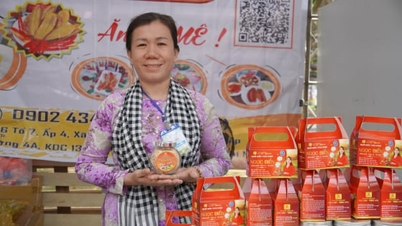

















Comment (0)